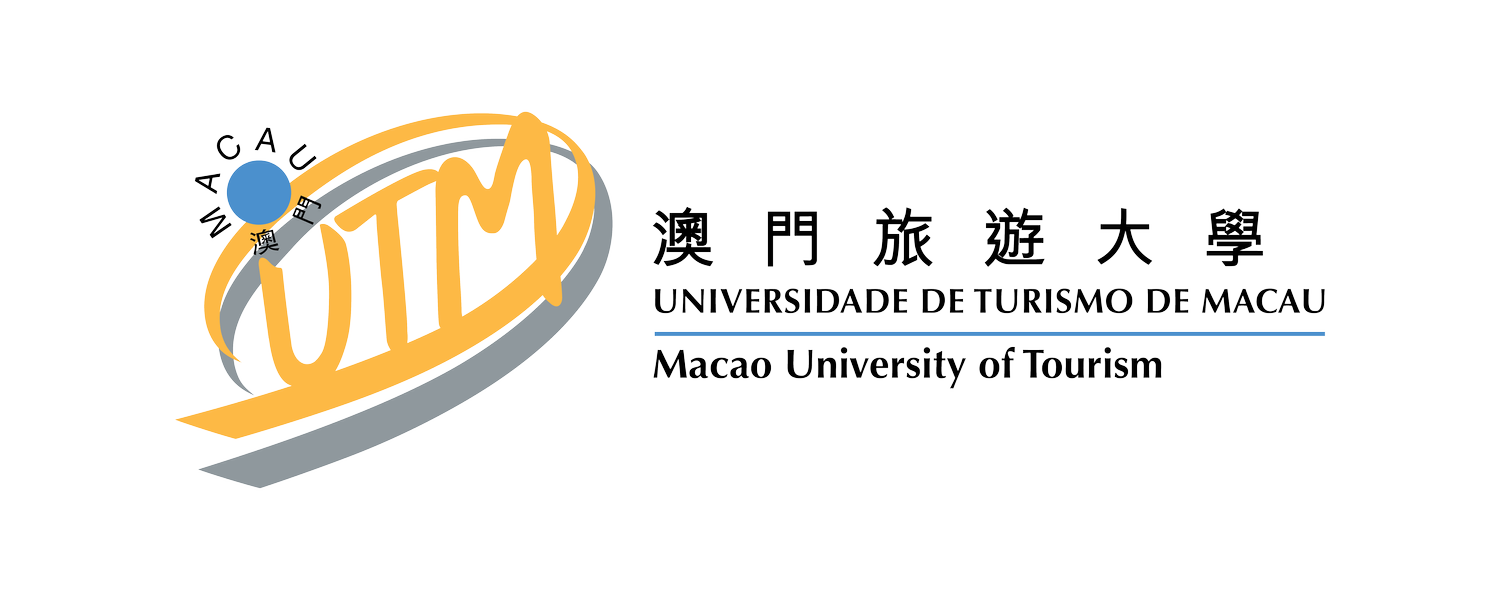ITRC announces today the release of its inaugural report on the Macao Human Resource Monitoring Survey (or MHRM), the Centre's latest major research project. Designed to periodically capture the attitudes, opinions and sentiments of Macao’s workforce, the MHRM Survey will be conducted and its findings reported twice a year.
Among the information to be gathered regularly are employees' levels of job satisfaction, job stress, organizational commitment, intention-to-quit and organizational loyalty measures as well as satisfaction with a host of occupational and work conditions such as compensation, benefits, opportunities for advancement and inter-relationships at work, either with colleagues or with superiors and subordinates.
Although the MHRM primarily focuses on analyzing labor and human resource issues pertaining to the tourism, hospitality and gaming industries, findings will be compared across all categories of workers in other sectors of Macao's economy. Director of ITRC, Dr. Leonardo (Don) Dioko, notes:
"Despite the copious amount of information generated about Macao's rapid economic growth, there is little if any information resource of sufficient scale, scope and sustained collection over time, which policy makers, industry leaders and the general public can tap or rely on in regard to the important task of understanding issues surrounding labor force relations, incentives, equity and benefits as well as identifying the needs, conditions and aspirations of Macao's human resources. The MHRM project will aim to fill this gap in knowledge."
Among the major findings of the pilot survey:
1) Overall, majority of the employed labor force in Macao are moderately satisfied with their jobs. Those working in tourism related industries, however, expressed a slightly lower level of job satisfaction compared to non-tourism workers.
2) Workers from the tourism industry had lower satisfaction with practically every specific domain of their jobs (i.e., job security, supervision, treatment, recognition and pay) compared to non-tourism workers.
3) Tourism industry workers also tend to report lower intent to stay at and lower levels of commitment to their organizations, compared to non-tourism industry workers.
Considering that most of the working population of Macao are occupationally involved in tourism or tourism-related organizations and that the nominal income of workers has increased in recent years, the above findings—which echo a generally coping sentiment—should be cause for long-term concern.
More details of the MHRM can be found here. Regular subscribers of ITRC's studies will receive an email shortly with a link to download the inaugural report while non-subscribers should register in the MHRM project page to receive a copy.
